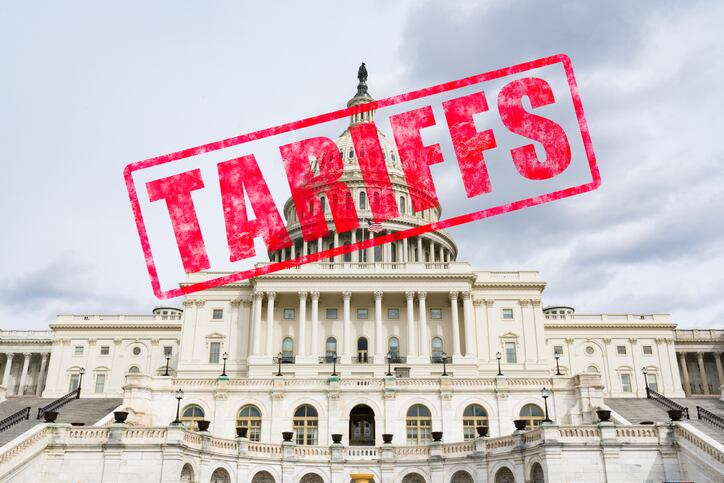The inauguration of Donald Trump as the 45th president of the United States, beckoned in a new era of marked protectionism for world trade, as he and has administration has doubled down on his pledge to put America first.
Trade wars have been fought between some of the world’s most powerful countries for hundreds of years, and if history is anything to go by, there are rarely any distinct winners.
Last week I published an article looking at the impact of trade wars on the international beauty and personal care industry, but in this article I am focusing specifically on how it impacts smaller businesses in the US, and in particular those players who have fewer financial resources and international infrastructure to weather such storms.
Opportunity vs barriers
For some beauty and personal care businesses, particularly those with a distinctly domestic focus, this has spelled opportunity as fluctuating tariffs rates on a variety of consumer goods have quietened the competition from international players and made them more competitive.
But for a lot of other smaller players that have developed a business model around a global brand with an international distribution and supply chain, the situation has made conditions challenging, often to the point that they cannot compete in certain overseas marks where prohibitive tariffs have been introduced.
Cosmetics Design spoke to Danuta Dudek-Pellon, who is the co-founder and managing director of Miami-based international skin care brand Cotarde.

Who truly wins?
Dudek-Pellon believes that protectionist trade policies impact many smaller business owner, but that ultimately the implications have a much broader reach.
“So who truly wins that trade war? Populist politicians with protectionism as part of their program and perhaps some well-funded business owners with matching agendas,” said Dudek-Pellon, speaking exclusively to Cosmetics Design.
“Who really pays for the trade war? Small business owners like us, progressive doers in our business and beyond. And ultimately – consumers.”
Dudek-Pellon believes that after decades of governments working at an international level to create a more global-facing and open economy, that create open and free import and export channels, those efforts are now being erased by the current protectionist environment.
Supplier cost increasing
Where Cotarde is really feeling the pinch is the impact tariffs is having on its international supply chain. This has impacted the cost of materials and in particular it has raised the price of packaging significantly.
“We have been charged with quite big price increases from vendors all around the world – whether it’s justified or not. All-in-all it feels like modern politics is an excuse to raise prices. On top of that we have been charged again by the US government for customs duty to receive various goods,” said Dudek-Pellon.
“With the total additional payment increases on the value of the goods being shipped - I’m scared to import anything these days as no-one knows the final price. And nobody knows or can clearly explain why exactly or what are we really paying for.”
Are US suppliers the answer?
The obvious answer to this problem, it would seem, would be to fall back on US-based suppliers. However, this has also proved to be very challenging, given that a lot of the materials she is sourcing are very challenging to source from US businesses.
According to Dudek-Pellon, either the items are simply not manufactured in the US or they are prohibitively expensive and could not be absorbed as an added cost by the consumer because the retail price would be too expensive.
“This has been having a great impact on our ability to stay competitive or even to introduce new products, including a particular innovation in packaging we have been working on for over a year,” said Dudek-Pellon.
“It is very upsetting to me personally as under “normal” conditions we would have already launched it without further delays.”

